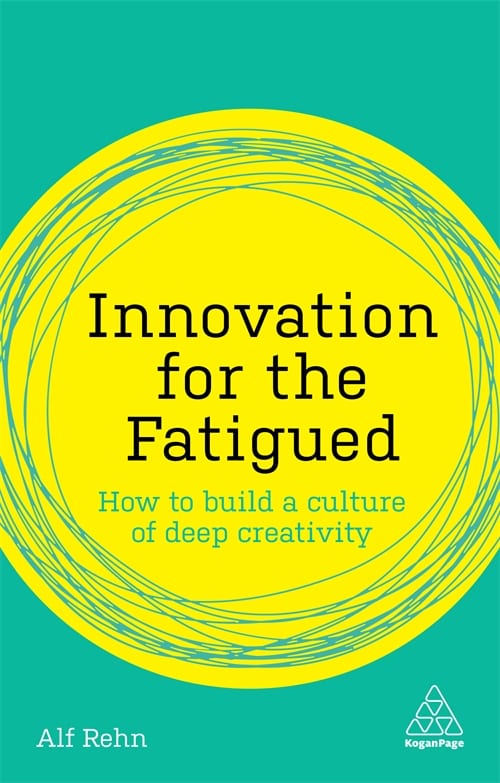Your Company Is A Well Of Ideas – Stop Poisoning It

The fact of the matter is, I’ve never met an organization that lacks ideas. Not one, and I’ve worked with some of the most backwards bureaucracies in the world, and with innovation in North Korea to boot. Be it a Fortune 50 corporation, or a small, local company, the same holds. They all claim they have a problem with generating enough ideas, and they’re all wrong. They already have all the ideas they could even need, and so do you.
You see, the problem is never idea generation. Ever. I can teach a monkey to run a decent idea generation workshop, and although it would make people all creative and stuff, it wouldn’t impact your bottom line in the slightest. Because it isn’t more ideas you need, it’s not killing the ones you already have. In my research, I’ve found a myriad of ways through which companies kill ideas. Bad processes is one, a lack of leadership is another, but the number one idea killer in the world is one that gets little attention – not having a culture in which ideas can take root, but which kills them through not caring.
This can play out in a number of ways. It might be that an eager young employee suggests a new way of working, but only elicits yawns in response. It might be the way in which people who aren’t seen as “innovators” get marginalized and feel that their ideas are not listened to. It might be a lack of psychological safety, where the company is filled to the brim with ideas, but where no-one dares give voice to them. In all these cases, a toxic innovation culture has effectively killed innovation before it even has had the chance to present its first, weak saplings.
What leaders need to do is not just to demand people innovate, or encourage people to “think outside of the box” (a phrase I hate with burning passion). The first task of the innovation leader is to ensure that the culture into which ideas might come is fertile ground for them, rather than a place where only the few get listened to and where ideas are more likely to get shrugged or yawned at than engaged with. You might already have a well of ideas, but if the water is poisoned, it won’t help you a whit.
So before you have your next creativity workshop or innovation initiative, make sure you’ve audited your culture for the things ideas need to flourish. Is it respectful, to ideas and people, and is the conversation civil? Does it exhibit psychological safety, and encourage diverse ideas and conversations? Is it inclusive or exclusive – does everyone get invited to play? Is your culture one of generosity, of give and take, or is it every person and idea for themselves? Unless you are prepared to reflect over such things, it rarely matters what kind of innovation management you have in place, and all those innovation consultants will be for naught. For just like culture might eat strategy for breakfast, it can have a ravenous appetite for ideas, killing them outright at the very first moment they come out of hiding.
So don’t complain about how your company, or your team, lacks ideas. It doesn’t. It never did. Complain about the culture that kills your ideas before they come to fruition, and then start thinking about what you might do to change the situation. Make sure people stop poisoning the well, and you’ll never go without ideas again. You might get a nicer, more civil organization to boot.
About the Author

, is recognized as a global thought-leader in the field of innovation and creativity. Rehn is Professor of Innovation, Design, and Management at the University of Southern Denmark, sits on numerous boards of directors, is a bestselling author, and serves as a strategic advisor for hot new startups to Fortune 500 companies.
For more information, please visit KoganPage.
